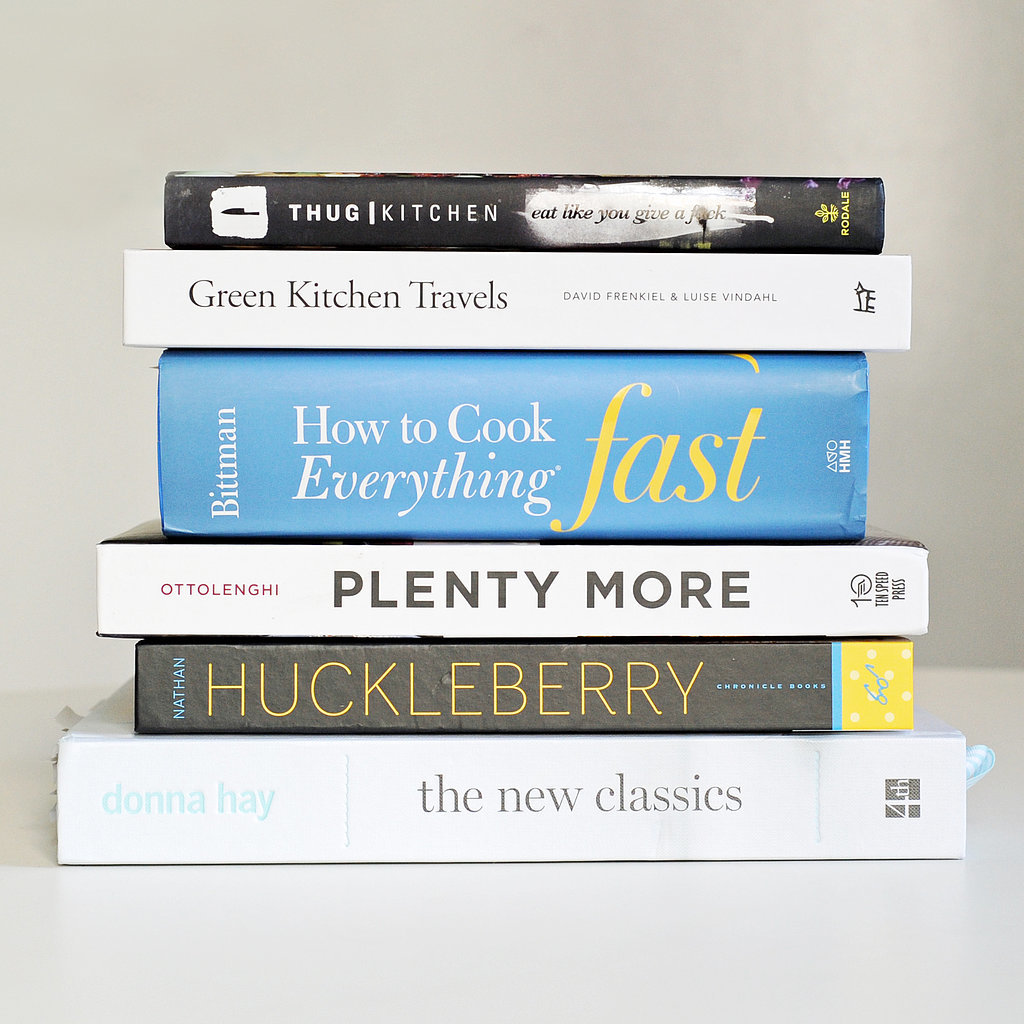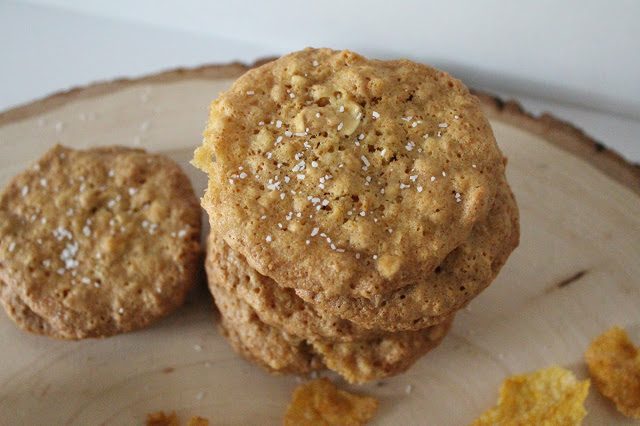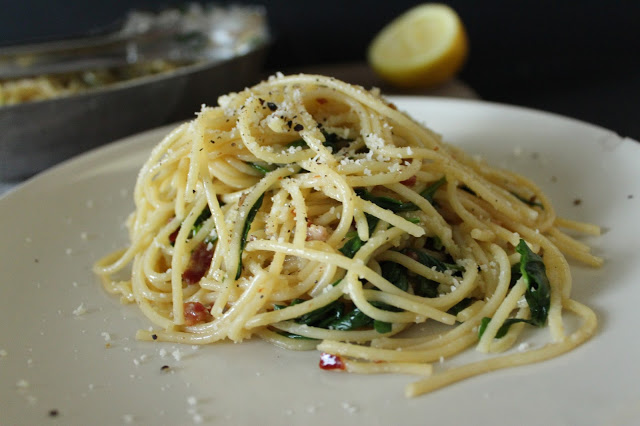 We all know someone who cannot cook anything without a recipe (maybe you’re that person?). This isn’t a post to shame you – I mean but it’s a post to help you become an intuitive cook with a few simple steps. I promise it’s not as overwhelming or tough as it sounds. We all have it in us.
We all know someone who cannot cook anything without a recipe (maybe you’re that person?). This isn’t a post to shame you – I mean but it’s a post to help you become an intuitive cook with a few simple steps. I promise it’s not as overwhelming or tough as it sounds. We all have it in us.
A few years ago, I read a Food & Wine article outlining Thomas Keller’s advice for becoming an intuitive cook. I loved it so much I cut out the tips and I’ve had those tips on my fridge ever since. Though Thomas’ tips are definitely part of my process of being more intuitive in the kitchen, I feel like I’ve adapted my own through the years too. Cooking can be fun but when you place too much stress on the exact words of a recipe, it can take the fun and sometimes the flavor out of whatever you’re cooking. Trust me.
Let’s get ready to get on the road to intuitive cooking.
Tips for being an intuitive cook

Remove the mindset of being a recipe addict.
I truly believe this is the first step to becoming an intuitive cook. Cookbooks and recipes are awesome; I use them all of the time. But in order to relax in the kitchen and get comfortable with your own creations, know that it’s OK to only use a recipe as a guide – not the end all, be all of a dish. It’s OK to make your own edits.
Cook your absolute favorite recipe.
What’s your absolute favorite recipe? Find it and cook it word-for-word. Don’t skip anything. Yes, I know: this may contradict my first step but it’s all connected. Removing the mindset IS an important step in this intuitive cooking journey.
Cook it again.
Yep, that absolute favorite dish? Cook it again 2-3 days later. Take some to your co-workers or something. This time, find a piece of paper and write out the absolute simplest form of your favorite recipe that you can cook from.

Rewrite it.
A few days after you’ve cooked your recipe again, write the recipe down one more time BUT write an even simpler version than you did before. And yes, cook it again. You’ll eat a lot of this one dish during this time but I promise it’s all worth it.
Try it again.
Let some time pass and let’s try the dish again but from memory this time (you got this). And remember what my first tip was: don’t become addicted to the recipe – make it your own. This time around let’s play a bit. Make some small changes: swap out a spice, an herb or a veggie. This not only helps you become an intuitive cook but it ensure that the recipe is simply a guide and not an established set of rules.
Try these tips with other recipes to fully get comfortable. Keller suggests eventually skipping the step of cooking the recipe word-for-word and perhaps just jumping right into jotting down a less detailed version of another recipe.
Do you have any tips for being an intuitive cook?


